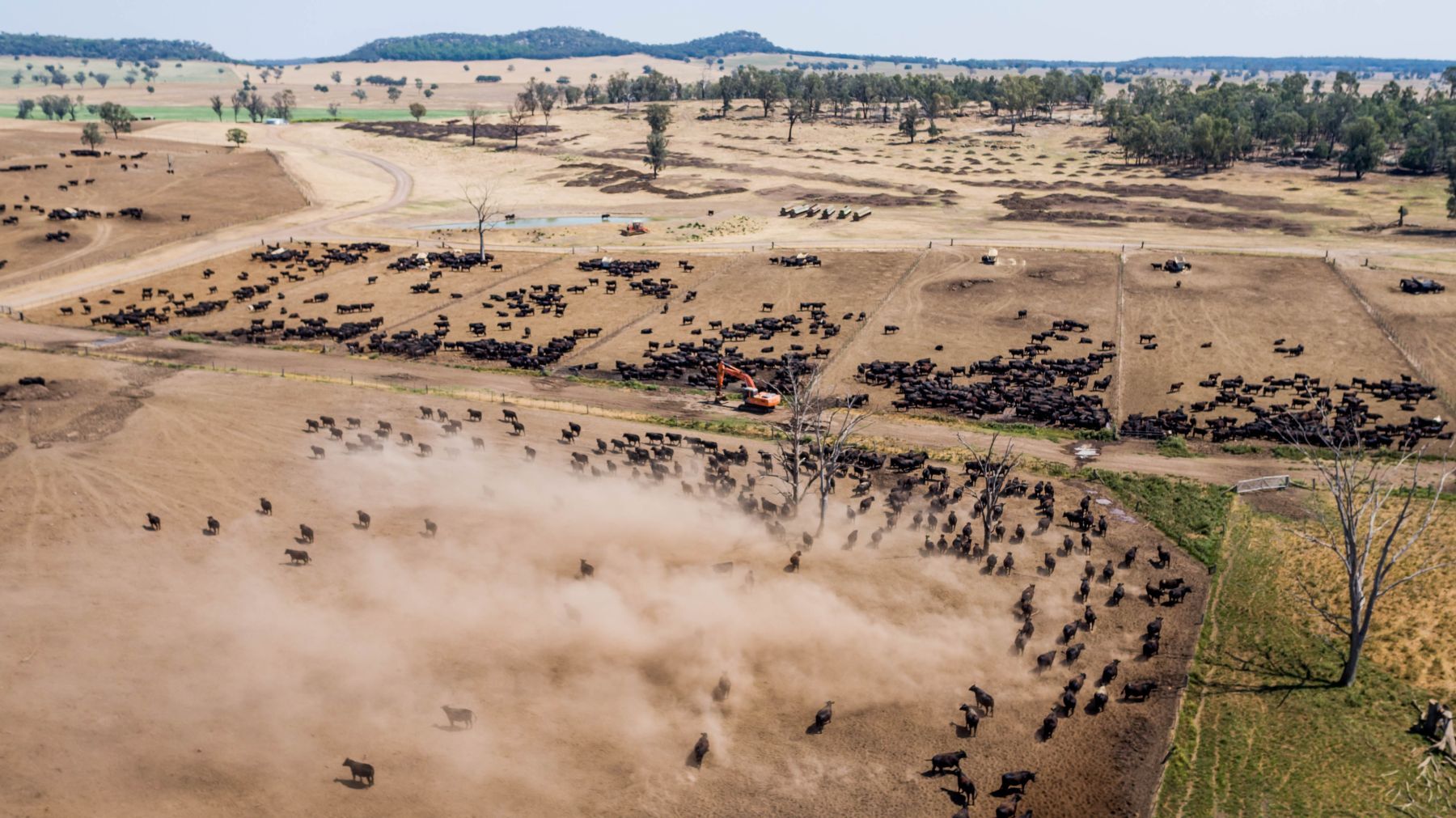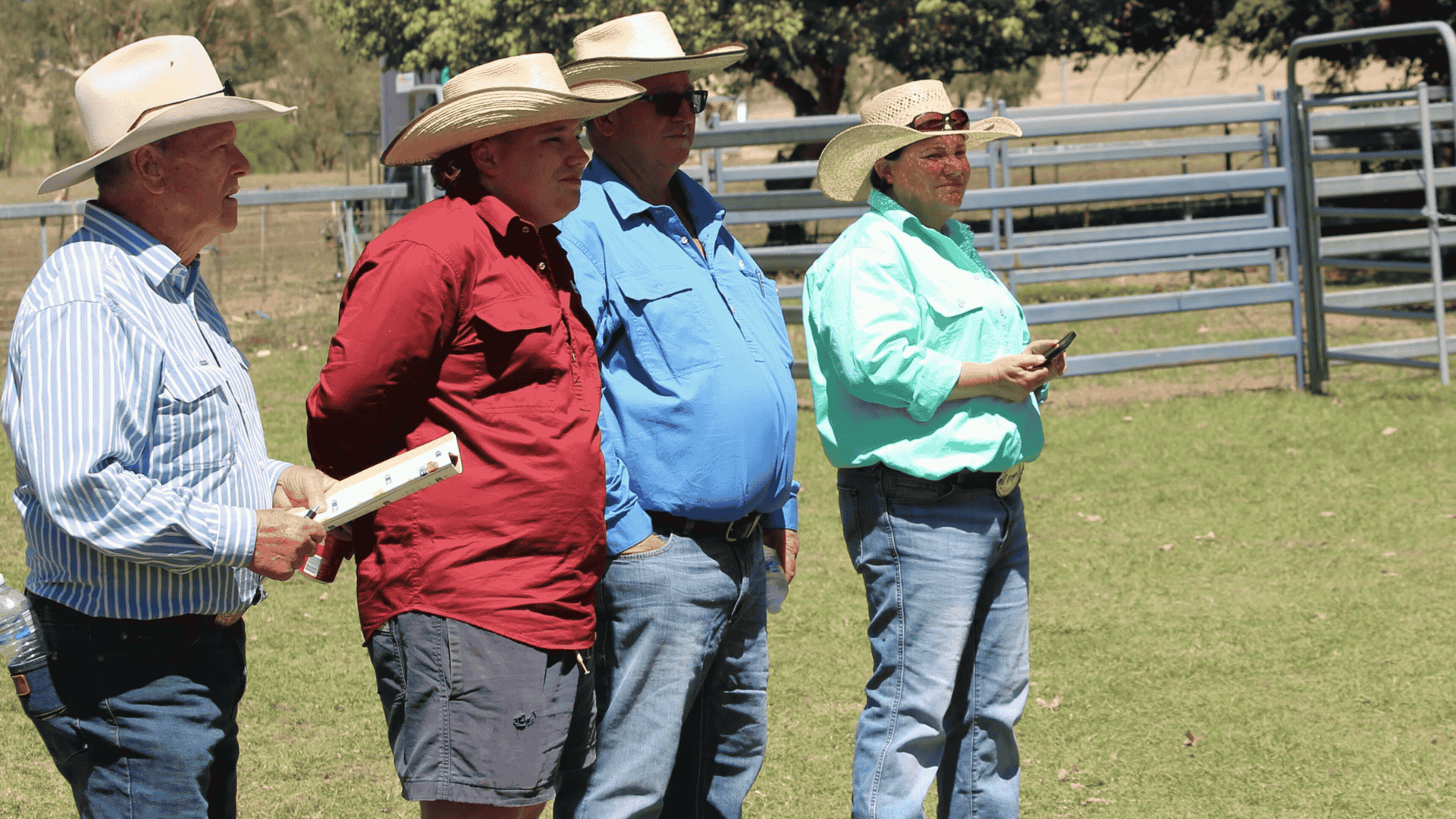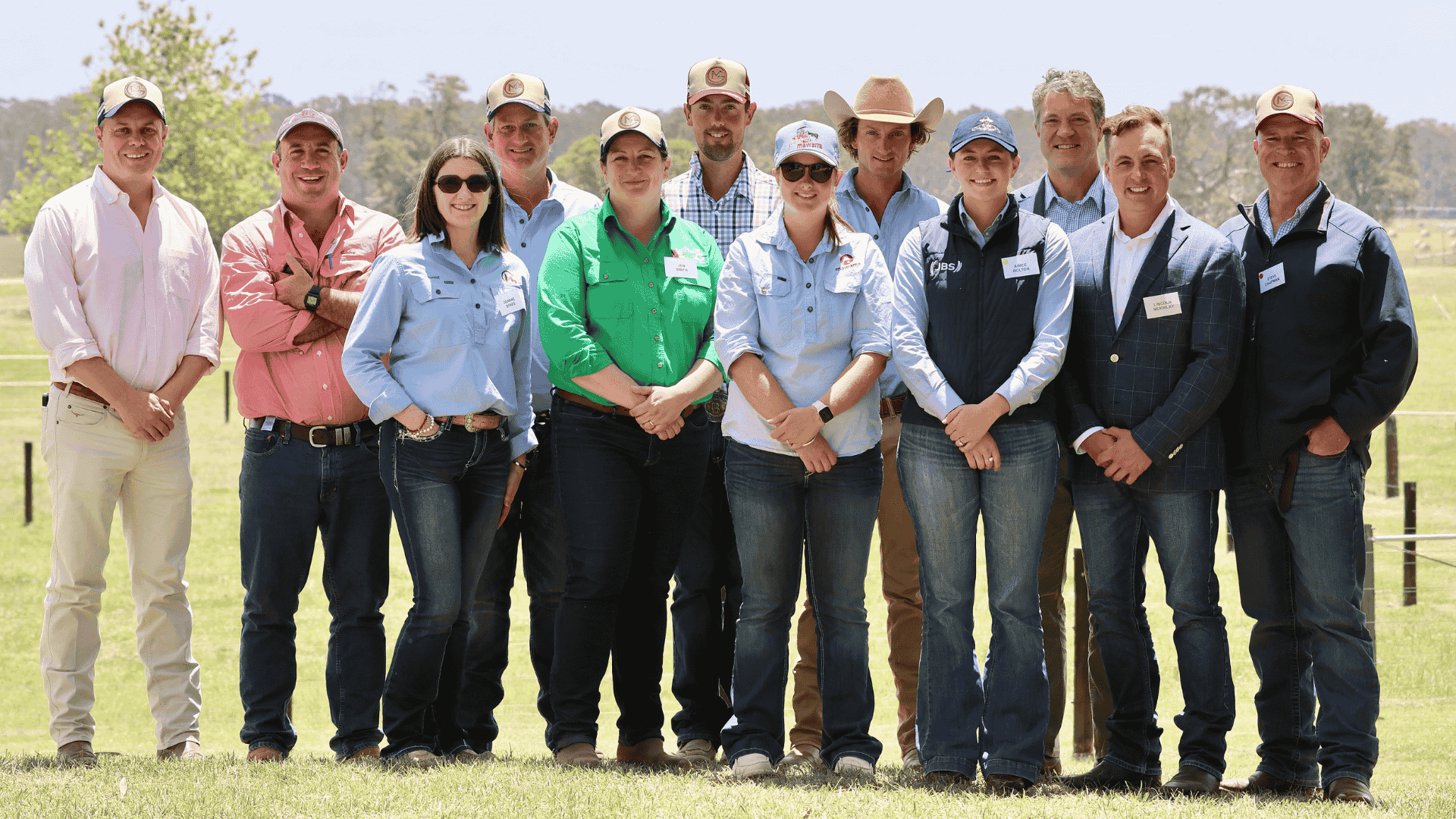New locations sought for Aussie beef due to China levy
Around 800 million burgers worth of Australian beef may need to be diverted into alternative markets, as China enforces import quotas limiting the...

Prime Minister Anthony Albanese visited drought-stricken South Australia on Monday to announce an extra $2 million in funding for the Rural Financial Counselling Service and to confirm a new location for the 2025 National Drought Forum. The additional support for financial counselling comes on top of $800,000 announced last week by Agriculture Minister Julie Collins, as part of a wider $36 million commitment for the Future Drought Fund’s next four-year funding cycle.
The forum, expected to be held in August, will now take place in Gawler, South Australia, instead of its originally planned location of Mildura.
“The forum will be an important opportunity for a range of stakeholders to gather and discuss how we can continue to address drought both now and into the future collectively," Ms Collins said, during her second visit to the state in less than a week.
While the additional funding was welcomed by the agricultural sector, it was the Prime Minister’s physical presence in drought-affected communities that carried just as much weight.
“The conditions have to be seen to be believed, and it means a great deal to these communities to have the PM shine a spotlight on what’s happening,” National Farmers’ Federation President David Jochinke said, after joining the Prime Minister on the ground.
“While it’s important we acknowledge how hard things are, and that’s what this visit helps to do, we also need to make sure the right supports are in place to help people through. We hope the visit will help them see the urgency of the situation and the need for action.”
READ MORE: OPINION | The word is 'resilience' but where’s the relief?
The NFF continued to call for immediate action - urging the Federal Government to extend the Regional Investment Corporation’s loan capacity beyond its current end date of June 30, 2026, pushing for a response to the independent review of the RIC and for additional mental health support to be made available for farmers and rural communities.
Meanwhile, Livestock SA Chief Executive Officer Travis Tobin said one of the most important messages he wanted Canberra to hear was that drought support could never be a “set and forget” proposition — not for government, and not for producers.
“There are times even the best prepared business needs help. We’re at that point in SA,” Mr Tobin said.
“Parts of the state are in their fourth year of drought. There’s lots of parts where it’s the lowest rainfall on record.”
He explained that several compounding factors — including the duration and depth of the dry, as well as concurrent natural disasters elsewhere — had created a situation where many South Australian producers urgently need more help.
While ongoing support programs like the Farm Household Allowance, Regional Investment Corporation (RIC) loans and drought resilience measures are making a difference, Mr Tobin said they needed to be reviewed.
“We're not ignoring what's out there. This isn't because government doesn't have measures, but there is a gap,” he said.
Mr Tobin said what is needed are no-interest and low-interest loans, structured with minimal red tape and administrative burden, to help ease the immediate cash flow pressure many farmers are under.
Freight support is also a priority. He said sourcing hay was becoming increasingly difficult due to widespread flooding elsewhere, which has severely disrupted the fodder supply chain.
“The market is already distorted,” Mr Tobin said, referring to the government’s reluctance to provide targeted drought support in case it interferes with the market. “The government has rightly responded to Queensland, but it's reducing the amount of feed available.”
The result, he said, is that some South Australian producers who have been in drought for four years are now competing for limited hay supplies with flood-affected farmers who are receiving government-backed support.
Currently, most of the fodder is being brought in from Queensland and the Northern Territory. Supplies from Victoria have dried up completely, and sourcing hay from Western Australia is made difficult by a web of regulations.
Biosecurity risks — including green snails, red imported fire ants and other declared pests — are further complicating freight access. Hay brought into South Australia must be reported through the appropriate channels, and all shipments must carry the correct Plant Health Certificates and biosecurity declarations submitted to the Department of Primary Industries and Regions South Australia (PIRSA).
Getting fodder to King Island, where hay is classified as a fire risk, adds yet another logistical hurdle.
Mr Tobin said hay prices are escalating quickly as supply tightens. The squeeze is hitting hard at a time when few producers have the financial room to absorb extra cost.
“We welcome what’s been offered, but more is needed — and it’s becoming more and more urgently needed,” he said.
He said a lot of relief is tied to eligibility for the Farm Household Allowance - which was only available for farmers with net assets valued at less than 5.5million.
Mr Tobin is calling for a review of all available support mechanisms to ensure they’re ready to meet growing demand, that application processes are not overly complex, and that turnaround times are short enough to be meaningful.
Leader of The Nationals David Littleproud is also calling for Labor to bring back interest-free loans for farmers from the RIC, impacted by Australia’s drought and floods.
Mr Littleproud said current assistance doesn’t go far enough and farmers would get much-needed reprieve by having access to a $2 million loan with an initial two-year interest free period, then three years interest only, then five years principal and interest.
“There have been many significant events across Australia including the floods in Western Queensland and the Mid-North coast of New South Wales, Cyclone Alfred and the drought across Southern Australia," he said.
“Our farmers are feeling significant pain, and it is now time to make this loan product available for the farmers affected.”
.png)
Around 800 million burgers worth of Australian beef may need to be diverted into alternative markets, as China enforces import quotas limiting the...

It was 3.30pm, the hottest part of January 9, when an out of control bushfire, powered by its own microclimate, came roaring out of the state forest...

At Mawarra Genetics, Peter and Deanne Sykes are focused on stepping back from short-term noise and focusing on what actually drives long-term,...